RESEARCH
Research Officer's word
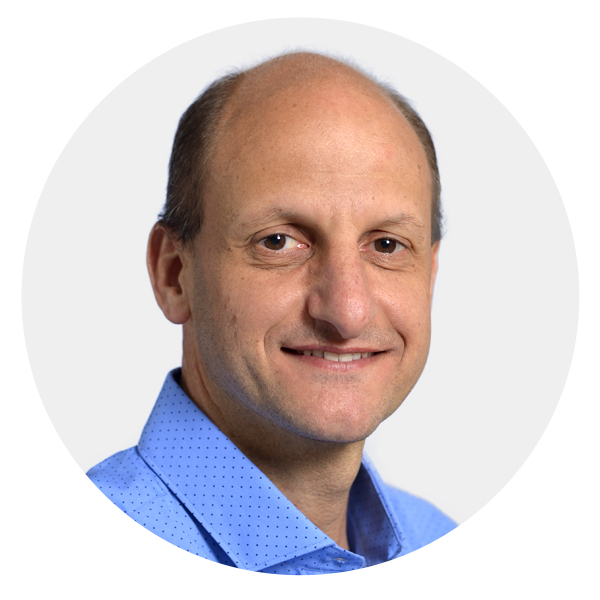
Dear friends,
My first year as part of the Regional Board was a year full of new learning and challenges. The year was very productive, with many good results achieved.
One of our main goals in Research is to encourage the concept of “Education in Research”. We are maintaining our commitment by offering three online courses about how to search a database; how to write a scientific paper and how to interpret evidence.
Another very positive result of the year was the book “From Measurement to Interpretation” launched in June during the Regional Courses Sao Paulo 2018. The launch was a success and every AOSpine member present at the event received a free copy of the book. The book helps to understand and analyze simply and with common sense how to interpret each of the statistical tests and how to apply them to daily practice.
For the coming year, we have several projects that will be developed having in mind the importance of spreading knowledge and efficient methodologies for better treatment of the patients. We will organize and offer a Hospital Based Seminar focused on research; multicenter studies; and a full 12-week online course with three progressive levels combining the current three online courses in research that encompass all the knowledge needed to develop a scientific project.
Finally, I would like to thank all the members of the Board and the Councils for the excellent work done so far and all AOSpine members for their participation and invite them to continue to produce research throughout Latin America.
Education in Research
We believe that research is key to capacitate surgeons. Our research activities are an integral part of a cycle, designed to have an immediate impact on patient care: the research outcomes are translated into education and the results into clinical practice. Education in research embraces the full spectrum of appropriate procedures to drive the development of new tools and methods and to find new answers.
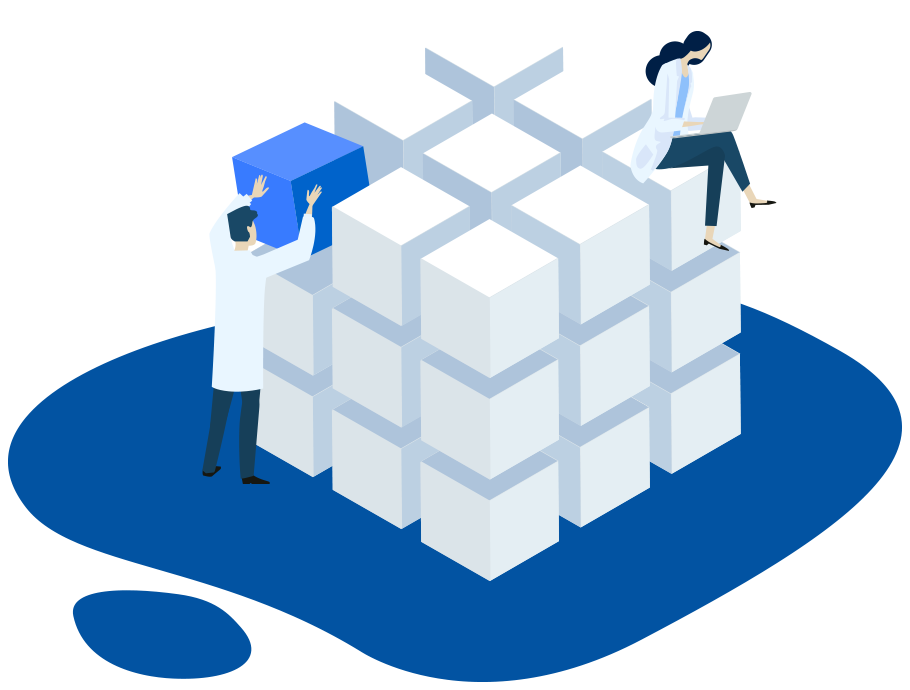
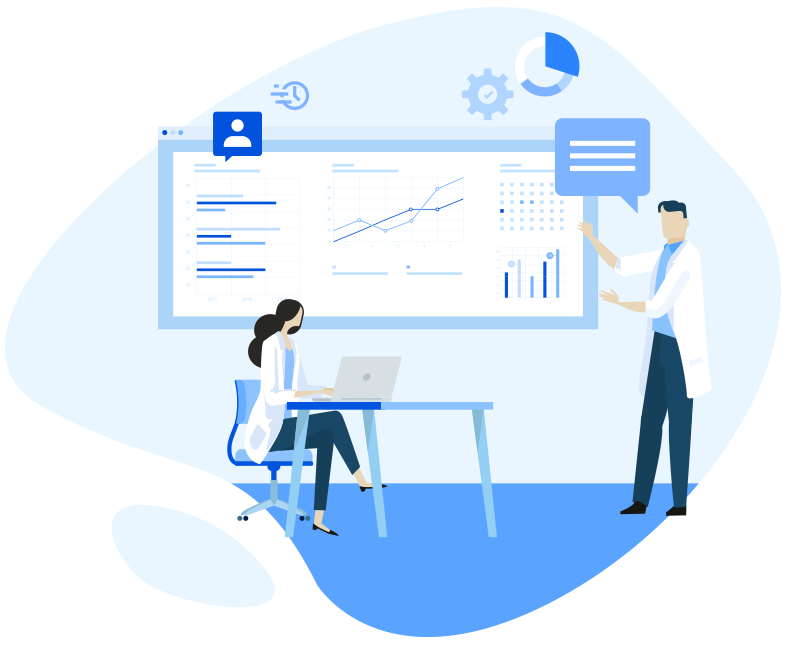
Research Projects
- Guidance on how to develop a scientific paper
- Assistance to launch surveys and to analyze statistical data
- Translation review for publication
- Peer review
- Guidance on how to submit a publication
AOSLA Study Groups
These groups were created to promote innovation through scientific investigation. Their objective is to stimulate discussions and brainstorming activities on specific topics in order to develop guidelines and research projects as well as to create a network and a platform to connect spine surgeons in the region.
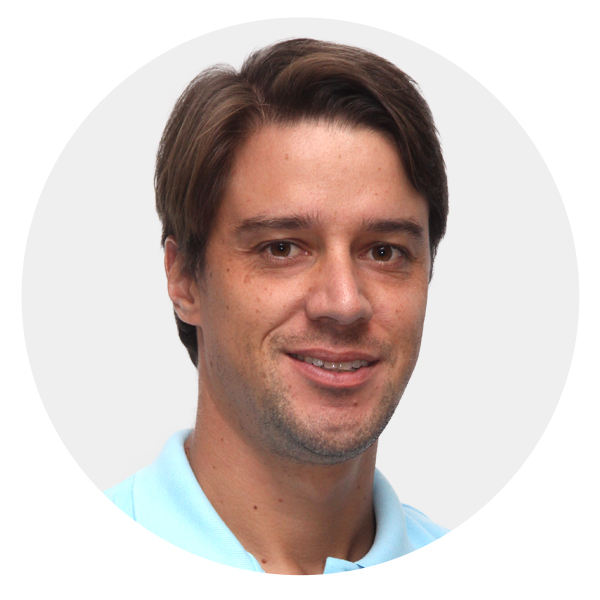
Deformity Study Group Coordinator
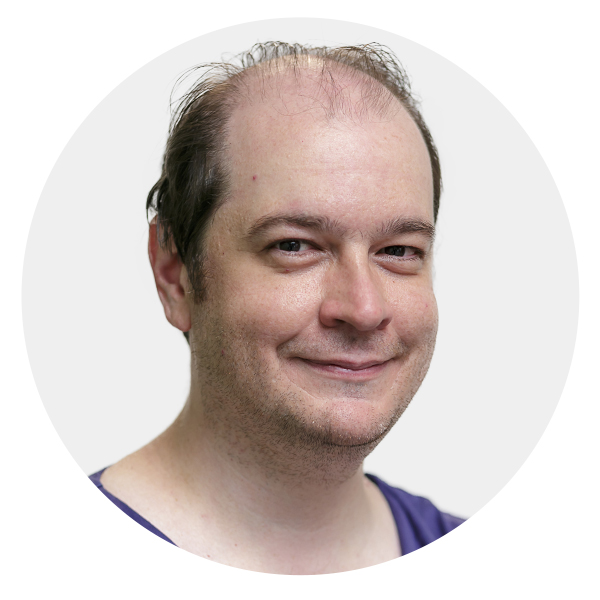
Tumor Study Group Coordinator
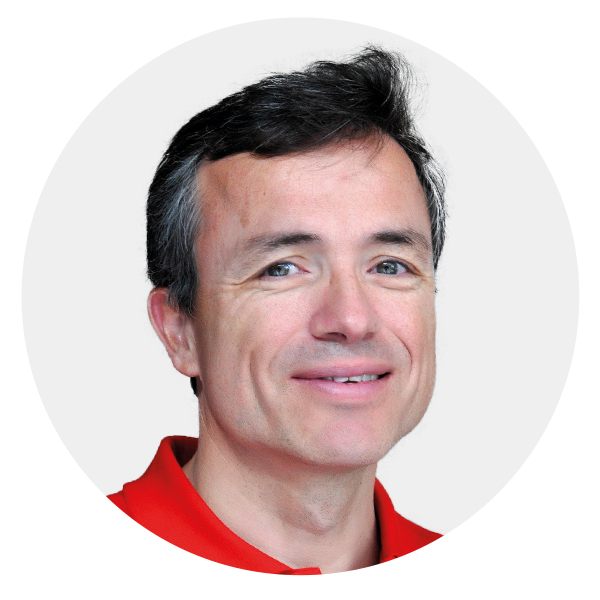
Trauma Study Group Coordinator
Masters’ Degrees
The Master’s Degree Program in Health Sciences is a scholarship offered by AOSpine Latin America in partnership with the University of Caxias do Sul, Brazil. The first program started in August 2017. The program is exclusively for AOSpine members.
The research project must agree with one of the three research lines of the program:
Biomarkers and treatment of spine and spinal cord diseases
Cell repair in spine and spinal cord diseases
Valuation of the treatment of spinal diseases
The program participants are responsible for presenting a minimum of one scientific publication per year referring to and acknowledging AOSpine. They also need to contribute to scientific production and help to create a research center in their region doing pro bono research work in their region for a minimum of two years after completing the program.
We are pleased to announce the 2018 Master’s Degree Program in Health Sciences scholarship winner
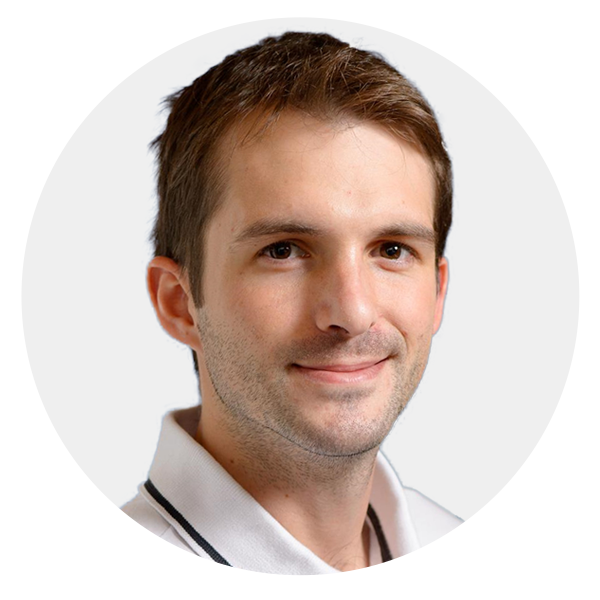
“AOSpine, by supporting the UCS Master’s Degree program, consolidates its institutional differential by effectively incentivizing the formal and practical development of surgical research in spine. As an AOSpine member, I’ve attended several training courses in scientific methodology. Moreover, I’ve also got to know and collaborated with projects developed and supported by AOSpine with different mentors. Now, through a formal education program, I hope to improve my personal research skills, as well as develop basic-science projects in Spine Surgery of spinal cord trauma and regenerative medicine. Of course, with the support of Prof. Dr. Asdrubal Falavigna and participants in the Master’s Degree Program in Health Sciences offered by the University of Caxias do Sul (BR). My final goal is to publish content with applicable results and technologies that offer a better treatment opportunity for patients. In addition, I want to disseminate this research incentive and scientific production at the Spine Center of which I am part of in Belo Horizonte – the Lifecenter Orthopedic Hospital”.
Surgical Biostatistic
During the last AOSpine Latin America Regional Courses on June 2018, we launched the book Education in Research: From Measurement to Interpretation–Surgical Biostatistic, which was a special gift for each member who attended the event. This book inspired the development of a special online course about research: course “Access to the information: How to interpret evidence” took place from September 9 to October 27. The course had participants from the three clinical divisions AOSpine, AOTrauma and AOVET. It was the first edition of the course available in three languages: English, Spanish and Portuguese.
The course had 30 participants from 9 countries out of whom only 14 finished it with satisfactory results. Participants highlighted the methodology and content presented. Brazilian participant Luis Henrique Albuquerque Sousa mentioned that AOSpine online courses are an important way to update knowledge easily. “The content and the interactive platform can turn an often-tiring subject into something innovative and oriented to the practice of surgeons, students and researchers. The proposed exercises and the supporting services allowed a greater engagement. No doubt, it should be a mandatory course”, said Sousa.
Course chairperson José María Jiménez emphasized the importance of knowing the theoretical aspects of clinical biostatistics. “A clear and objective question leads us to plan an investigation, and once the results have been obtained, we must know how to interpret them to integrate them into our assistance activities”, said Jiménez. He also pointed out that “numbers are row information and do not understand reasons, that is where our knowledge and theory, will provide the real value to the data, since these do not give us certainty of any event, they simply indicate the probability that something can happen”.
